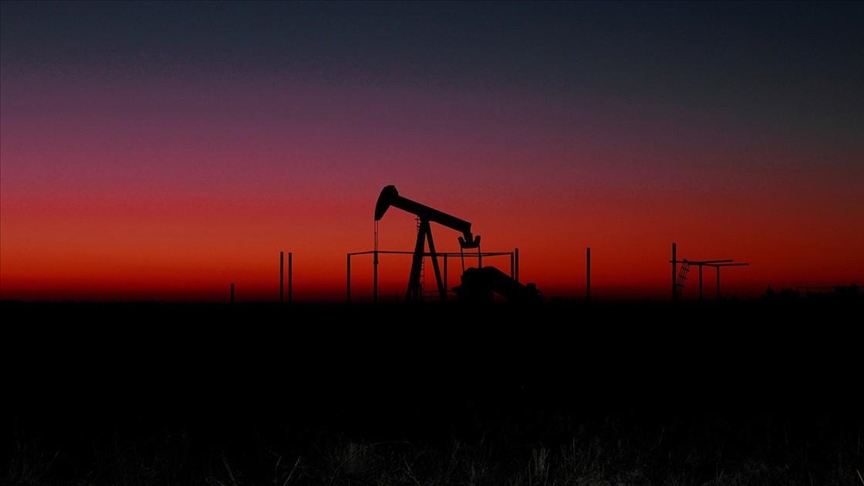

By Anadolu Agency
ANKARA
The Organization of Petroleum Exporting Countries (OPEC) and allies, known as OPEC+, agreed on Sunday to stick to its target of cutting oil output by 2 million barrels per day (bpd).
The decision was taken at the 34th OPEC and non-OPEC Ministerial Meeting with a view of “stabilizing global oil markets,” according to a statement.
The meeting was held via videoconference just a day before the EU’s ban on Russian seaborne crude oil exports and a controversial $60 per barrel price cap for Russian oil comes into force on Monday.
OPEC+ reaffirmed that decision taken in October to slash production by 2 million bpd “was purely driven by market considerations and recognized in retrospect by the market participants to have been the necessary and the right course of action towards stabilizing global oil markets.”
Although the group’s next ministerial meeting is scheduled for June 4, its Joint Ministerial Monitoring Committee (JMMC), which convenes every two months, may request a ministerial-level meeting “to take immediate additional measures to address market developments and support the balance of the oil market and its stability if necessary,” the statement said.
OPEC+ previously reduced daily crude oil production by approximately 10 million barrels in April 2020 due to the sharp decline in demand owing to the COVID-19 pandemic.
As global economies and oil demand started to recover, the group started gradually increasing output from April 2021.
Shadow of EU sanctions
The EU is set to impose sanctions on Moscow’s seaborne crude oil imports starting Monday, aiming to restrain the Russian economy amid the ongoing conflict with Ukraine.
In line with a decision taken on June 3, the bloc will suspend imports of Russian crude oil, despite its heavy reliance on Russian hydrocarbon products. The EU will also stop buying petroleum products from Russia on Feb. 5.
The EU had been importing 2.4 million bpd of crude oil and 1.4 million bpd of oil products from Russia before the Ukraine war erupted on Feb. 24.
In addition to these import bans, EU and G7 countries have agreed to impose a $60 per barrel price cap on Russian oil exports by sea, which also enters into force Monday and will be reviewed every two months.
The parties will ensure that the Russian price cap is set at least 5% below the market price of crude oil.
The EU sanctions also include a ban on providing insurance or other services for vessels carrying Russian oil. The majority of these insurance companies are based in the EU or the UK.
The sanctions aim to limit the markets in which Russia is permitted to trade.
Shipping services and insurance are only permitted for tankers transporting Russian oil purchased at or below the $60 per barrel price cap.
We use cookies on our website to give you a better experience, improve performance, and for analytics. For more information, please see our Cookie Policy By clicking “Accept” you agree to our use of cookies.
Read More